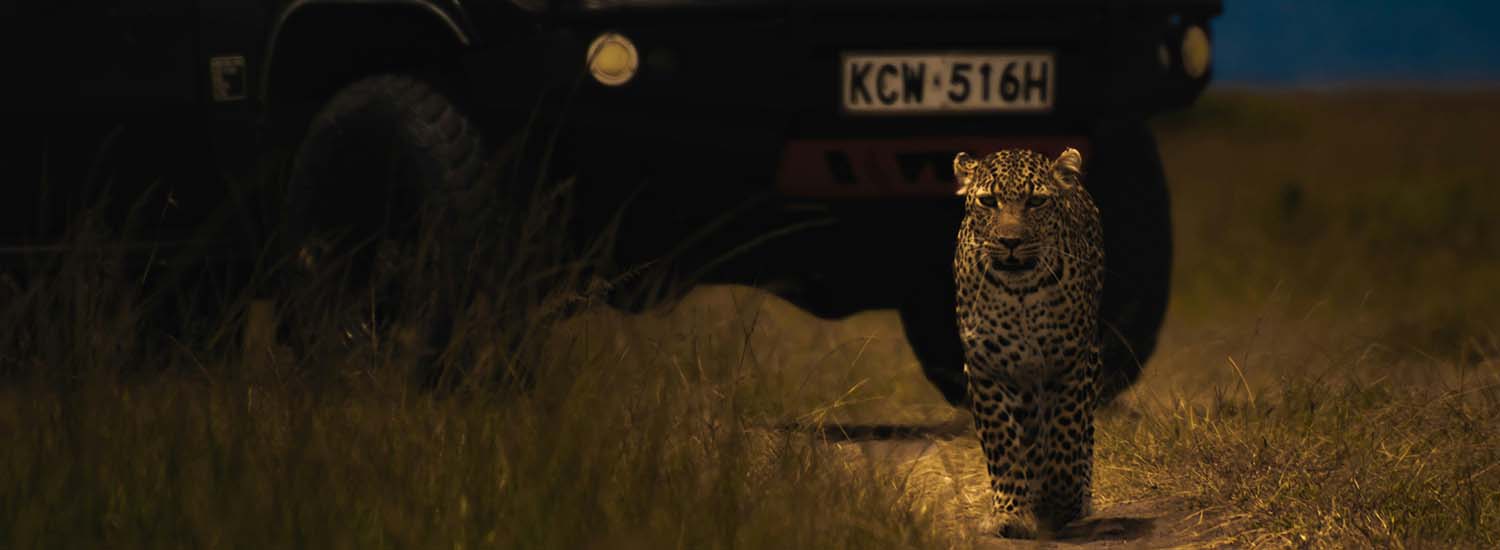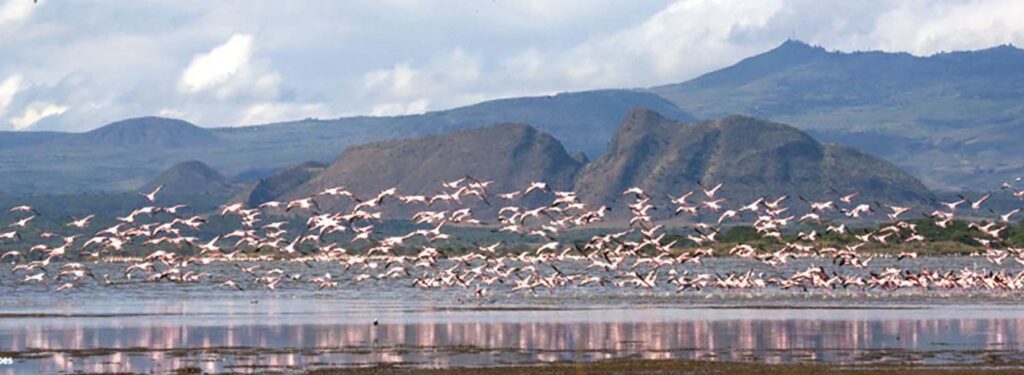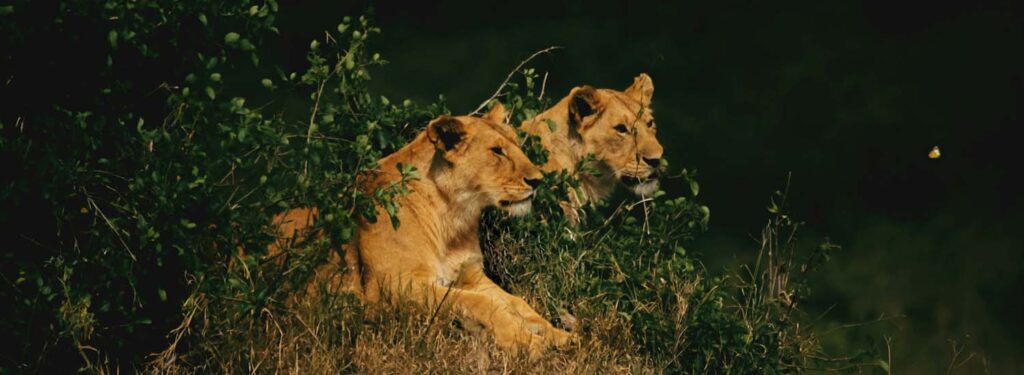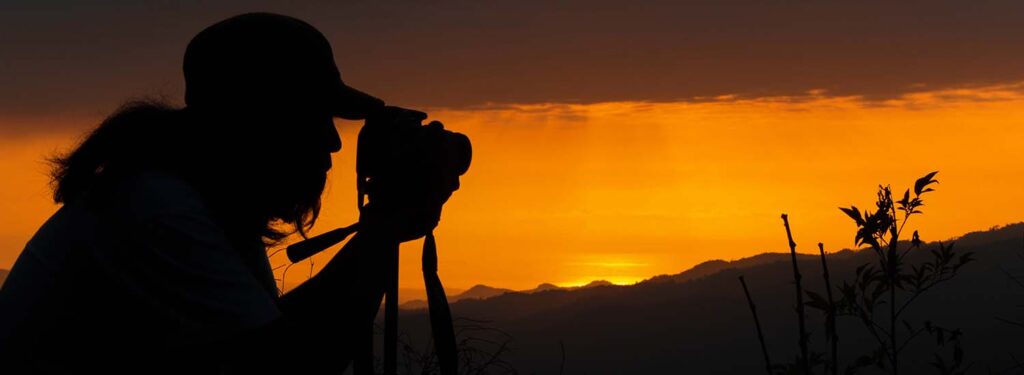
Night Safari in Kenya and Tanzania
- bySusan Wanjiru
- - September 4, 2025
Home » Blog » Night Safari in Kenya and Tanzania
When the sun dips below the horizon in East Africa, the wilderness transforms into a realm of mystery and anticipation. While most safari-goers experience wildlife under the golden light of day, a night safari offers a completely different perspective, one where the nocturnal side of Kenya and Tanzania reveals itself in thrilling ways.
Why Choose a Night Safari?
A night game safari strips away the familiar and immerses you in the raw pulse of the wild. Unlike daytime safari, where lions are lazing in the sun or elephants are grazing leisurely, a Kenya night safari or Tanzania night safari often means witnessing predators on the prowl, nocturnal creatures emerging, and the bush echoing with calls you would never hear by day. From leopards stalking silently to bush babies leaping through trees, every moment feels amplified under starlit skies.
Where Are Night Safaris Allowed?
It’s important to note that night safaris are not permitted inside national parks and reserves like the Masai Mara or Serengeti. Instead, they are offered in private conservancies that border these famous landscapes. These conservancies, such as Olare Motorogi in Kenya or Grumeti in Tanzania, allow visitors exclusive access to after-dark experiences. A conservancy permit night safari not only opens the door to unique wildlife encounters but also supports sustainable tourism by directly benefiting local communities and conservation efforts.
Conservancies that allow night safari in Kenya:

- Soysambu Conservancy (Lake Elementaita)
- Olare Motorogi Conservancy
- Naboisho Conservancy
- Mara North Conservancy
Conservancies that allow night safari in Tanzania:
- Lake Manyara National Park
- Tarangire National Park
- Mikumi National Park
- Ruaha National Park
Night Safari Costs:

Night safaris typically range from USD 50 to 80, with the final cost depending on private tour guides, operators, and the conservancy charge.
Please note these charges are subject to change; check the official websites for more information.
Tips to Make the Most of Your Nocturnal Safari:
- Dress in layers: Nights can be chilly, so bring a jacket.
- Stay silent and alert: Sounds travel farther in the dark, and animals are more sensitive at night.
- Respect the rules: Spotlights are controlled by guides to ensure animal welfare, and avoid flash photography.
- Bring binoculars: Low-light binoculars enhance sightings of elusive nocturnal creatures.
Special Permits for Photographers

For photography enthusiasts, the night presents both a challenge and a reward. Capturing the gleam of a lion’s eyes in the spotlight or the movement of a hyena pack requires more than just skill; it requires authorization. In many cases, you can apply for a special permit for photographers, giving you extended opportunities to shoot in low-light conditions with professional equipment. This ensures that photographers have the right access while minimizing disturbance to wildlife.
Whether it’s a nocturnal safari Kenya style or a night safari deep in Tanzania, the experience is unforgettable. With conservancy access, skilled guides, and the option of photography permits, a night safari is more than just an add-on; it’s a chance to witness Africa’s wild side at its most raw and unfiltered form.
